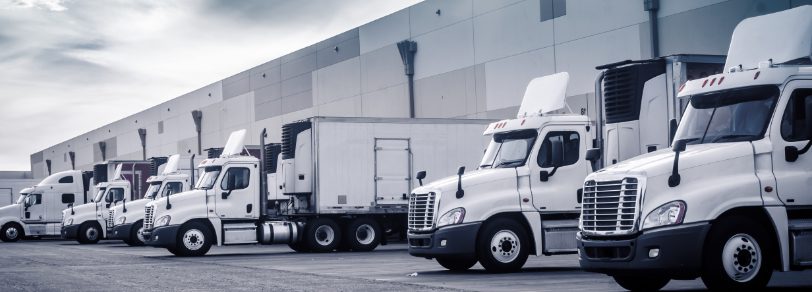
This country depends on tanker trucks to move liquids in bulk from one place to another. Gasoline, milk and other substances are some of the liquids you might find in these trucks. While the importance of these vehicles is undeniable, they carry a risk of rolling over. These heavy trucks can crush cars near them, which can lead to significant injuries. Since the cause of the rollover might impact a claim for compensation, understanding some basic points about them can often help victims.
Most tanker truck rollovers occur during the day
Around two-thirds of tanker truck rollovers occur during the day. Maybe this is because more tankers travel during the day, but it does serve as a caution that you must be on the lookout for tanker trucks no matter when you are on the road.
Rollovers can occur on straight roads
Many of the accidents involving rollovers of tanker trucks occur on roads that are straight and dry. In fact, of the accidents that occur during the day, more than half occur on dry and straight roads. Even on straight roads, a tanker truck might still strike your vehicle.
Trucker experience doesn’t have an impact on rollover risk
You might think that truckers who have ample experience won’t end up in a tanker rollover. This isn’t the case. Experience doesn’t play any part in rollover risk. Drivers with more than a decade of experience account for 66 percent of tanker rollovers. In the case of tankers, training truckers who drive them is a crucial preventative measure.
Contents of the tank can impact the rollover risk
The contents of the tanker can impact the rollover risk. It isn’t what type of liquid is in the container. Instead, it is how full the tanker is when the trucker is driving. Tanks that are only partially full account for around 63 percent of all rollover accidents. The issue is that partial loads are more likely to slosh about and impact how the truck and tanker trailer handle.
Truck component defects can lead to rollovers
Tanker trucks are hard enough for truckers to maneuver even when everything is working as it should. Defective parts can make those big trucks impossible to control. Defective or worn brakes can make the truck difficult to stop or slow down, which could spell disaster on a winding or congested roadway.
Compensation might be possible
Victims who suffer injuries in a tanker truck rollover can choose to seek compensation for their injuries. This can include damages for medical care costs, property damage and other related expenses.
Related Posts
Holiday Safety: Toys and Products
Beef Being Recalled by Tolleson Due to Salmonella Contamination
Legal Advice for Premises Liability Victims
"*" indicates required fields
